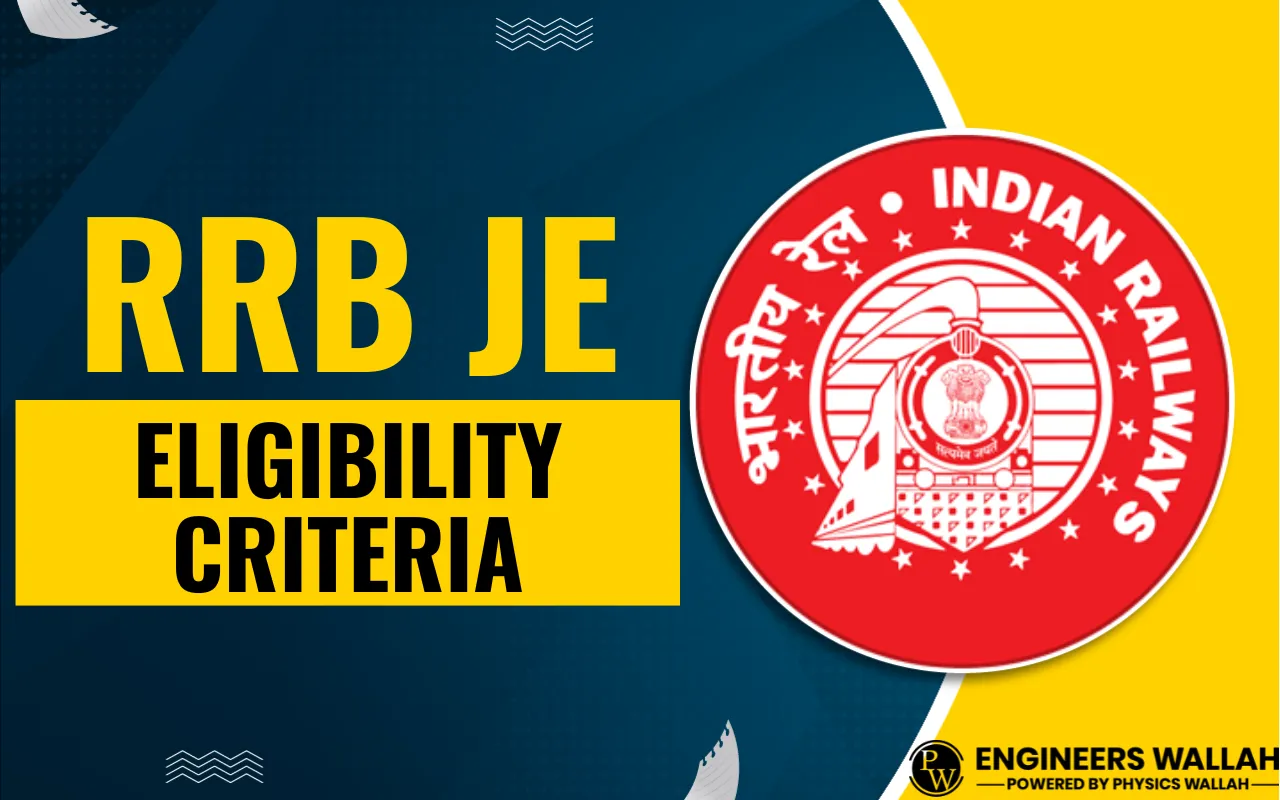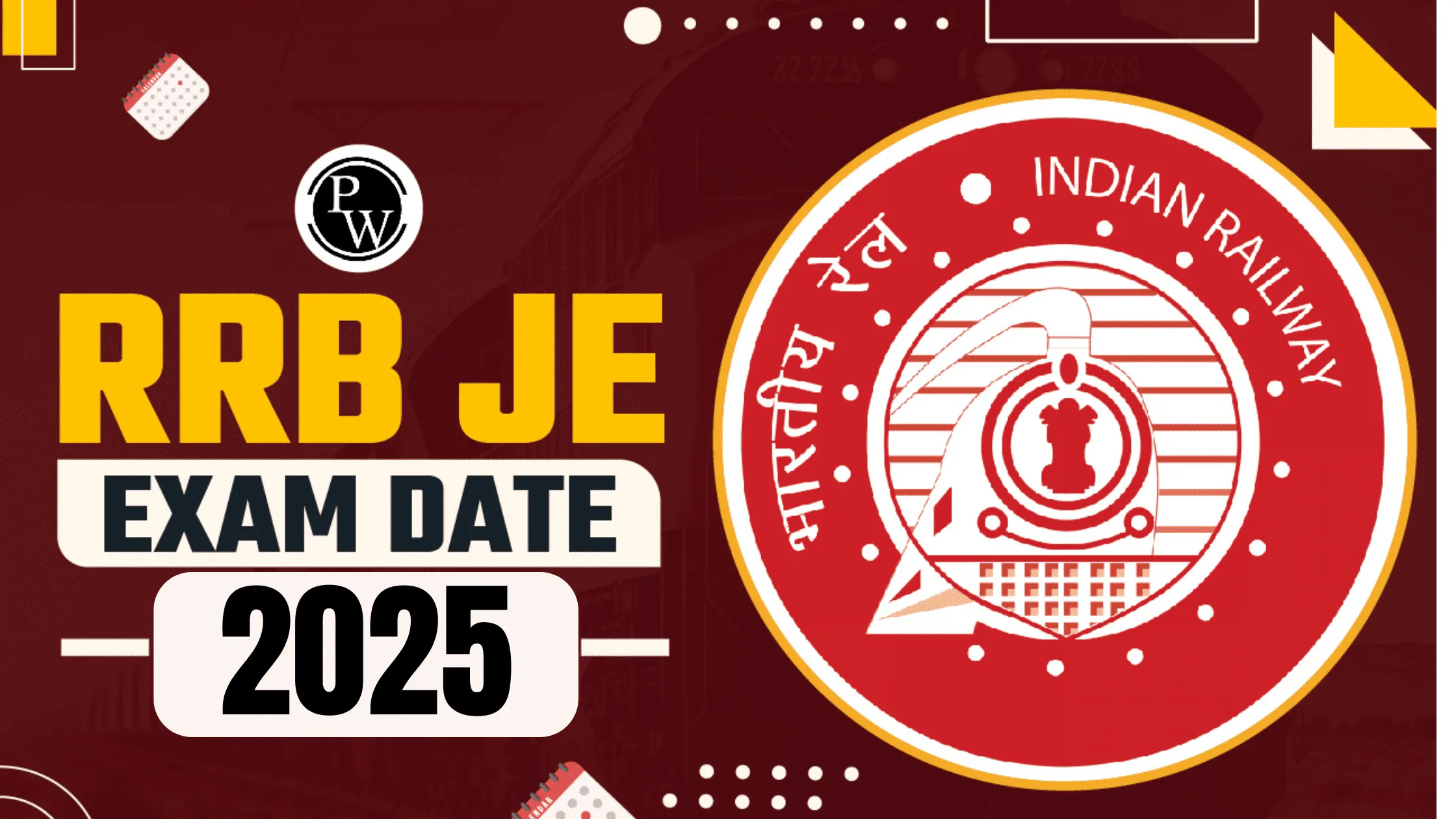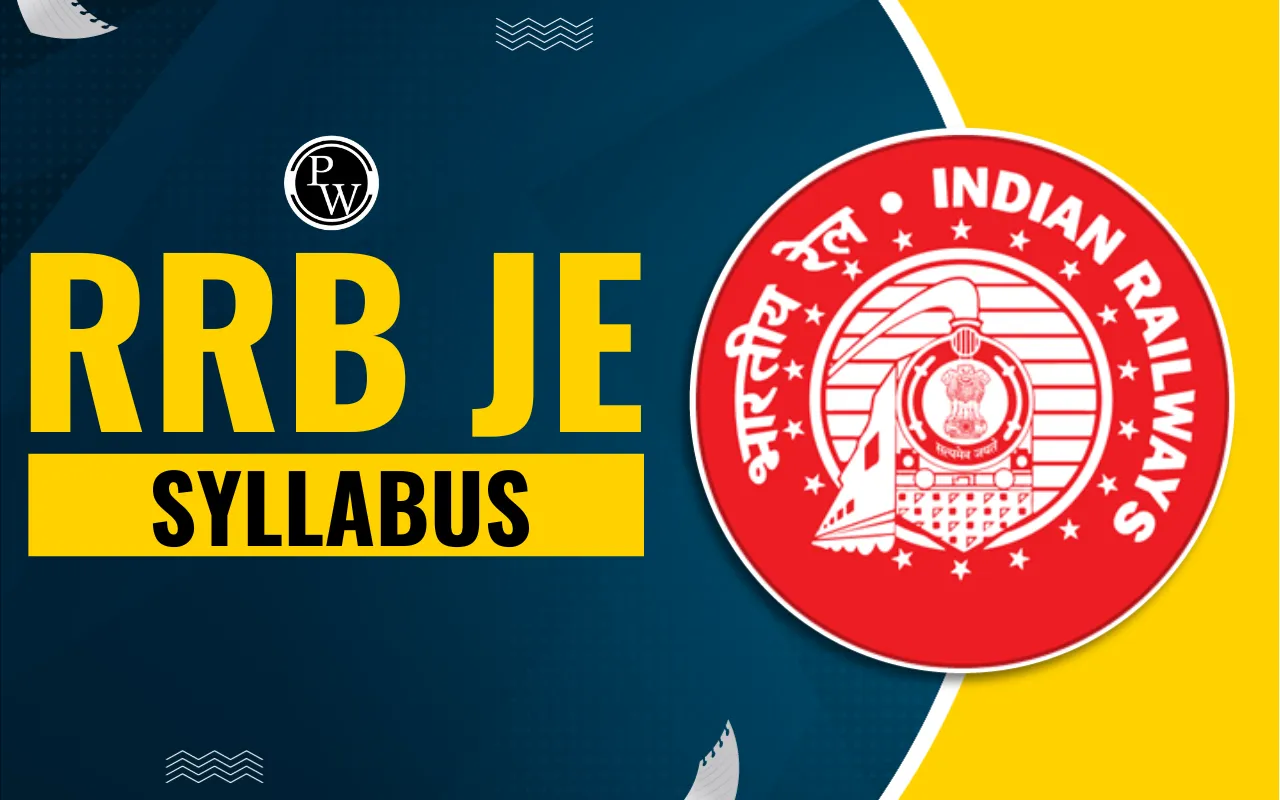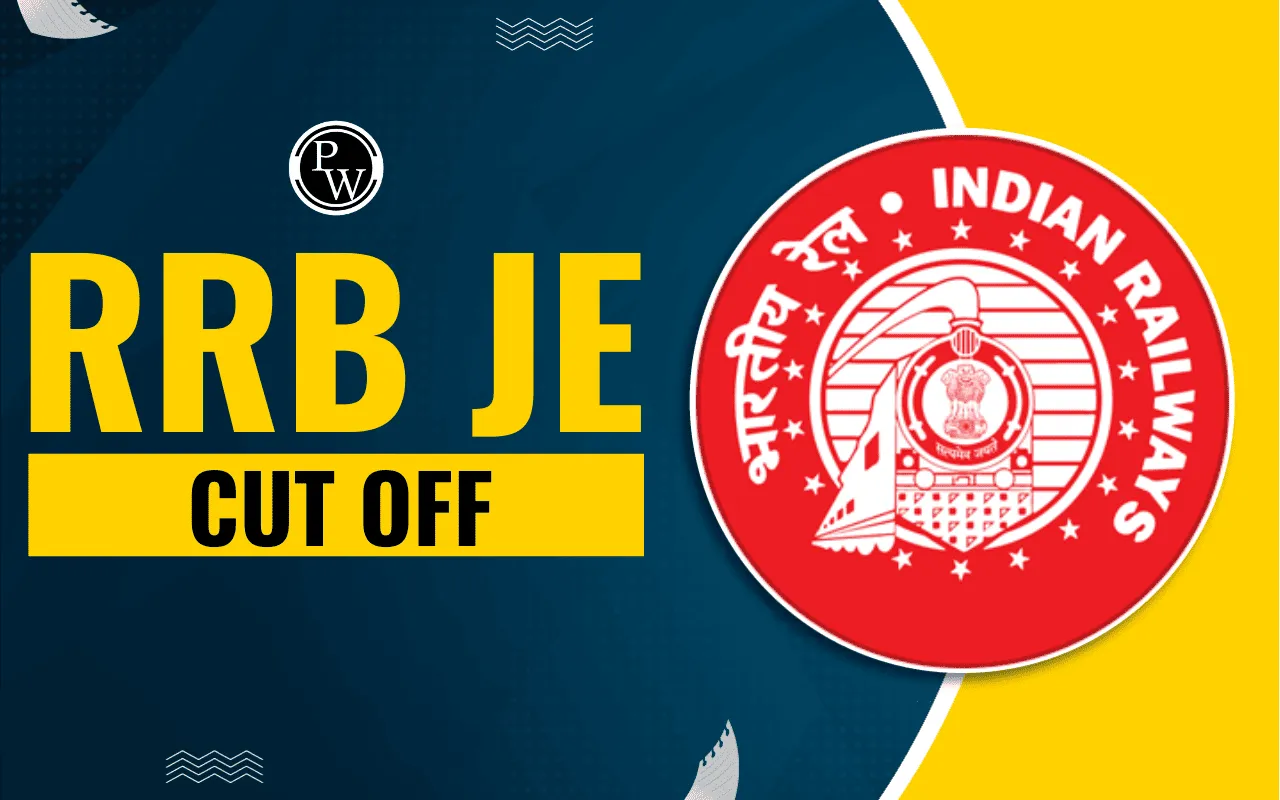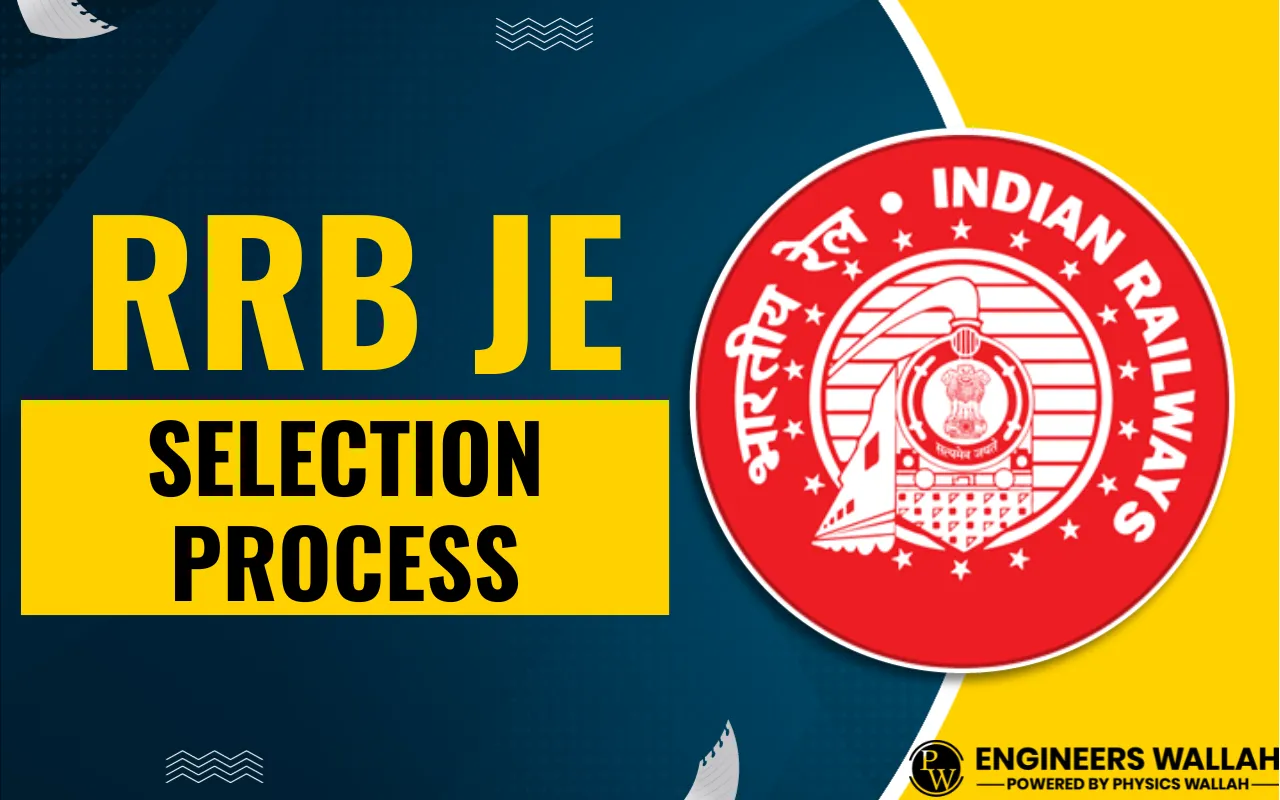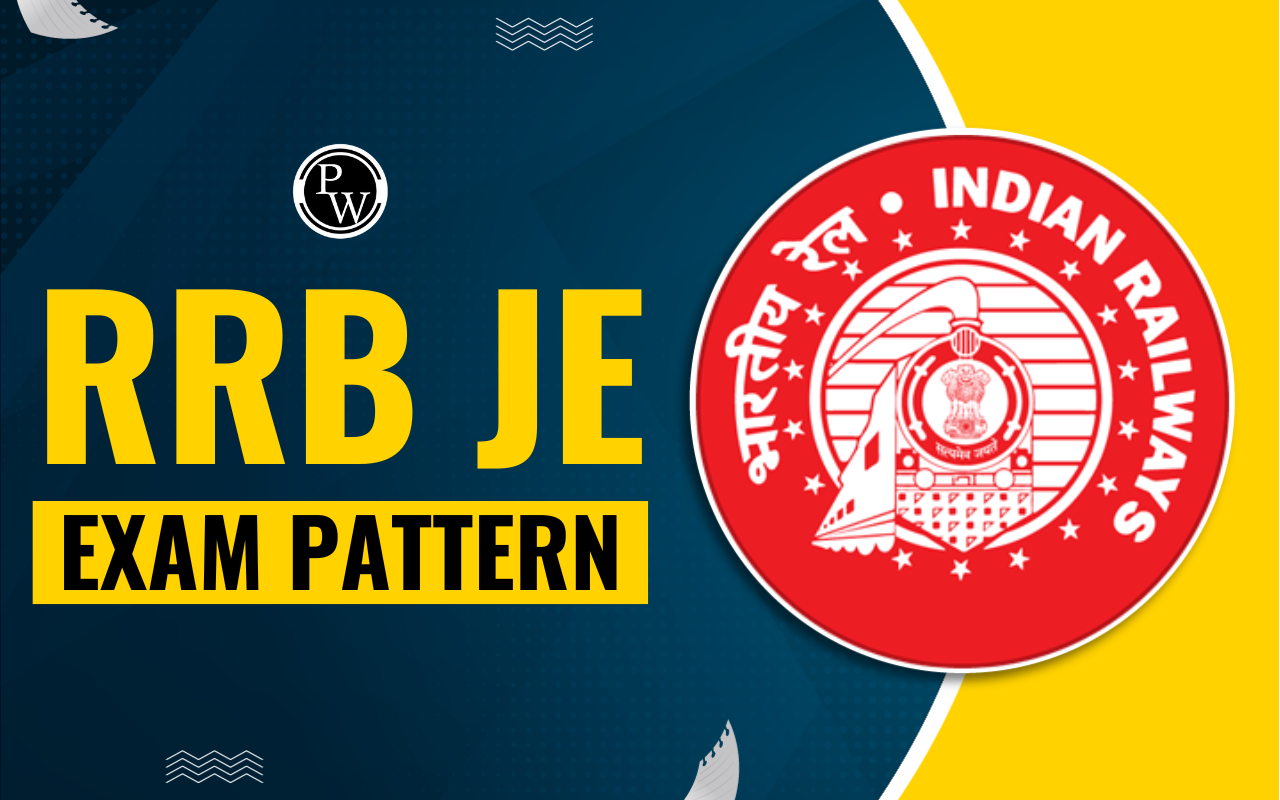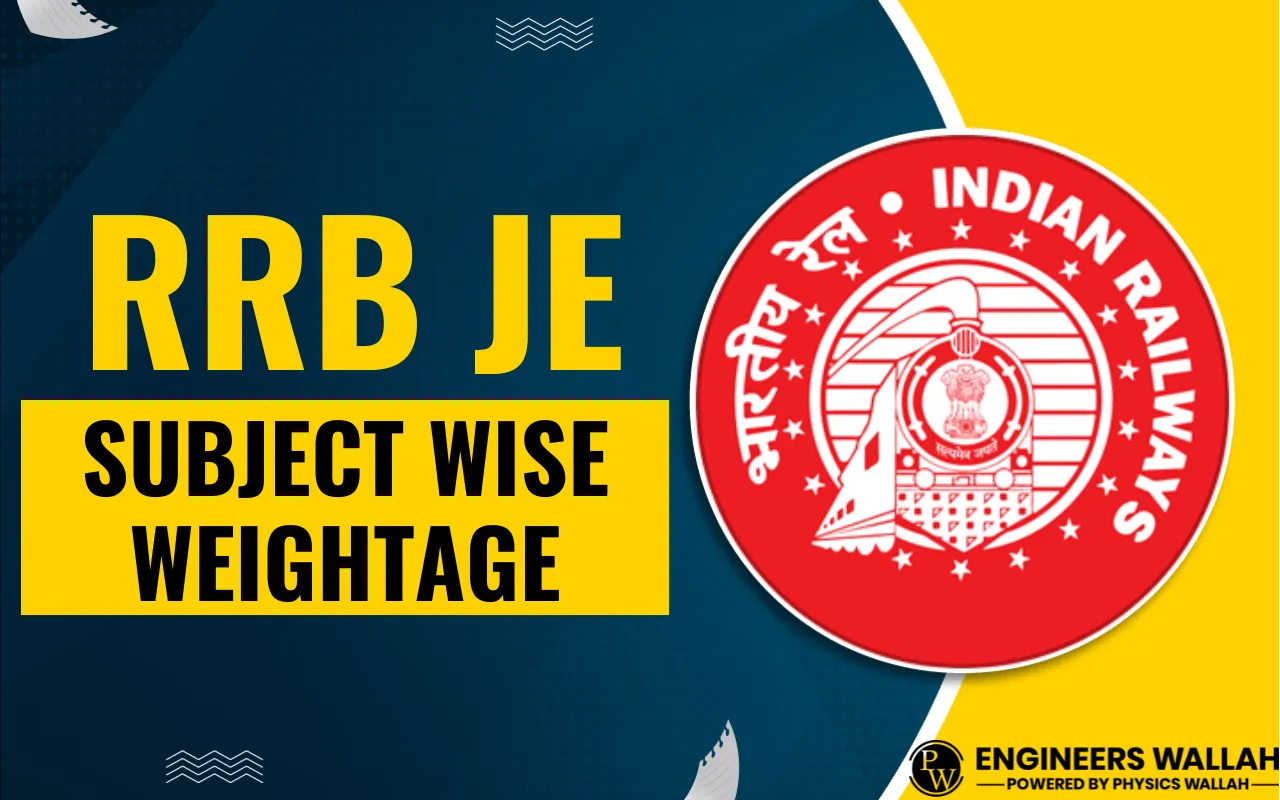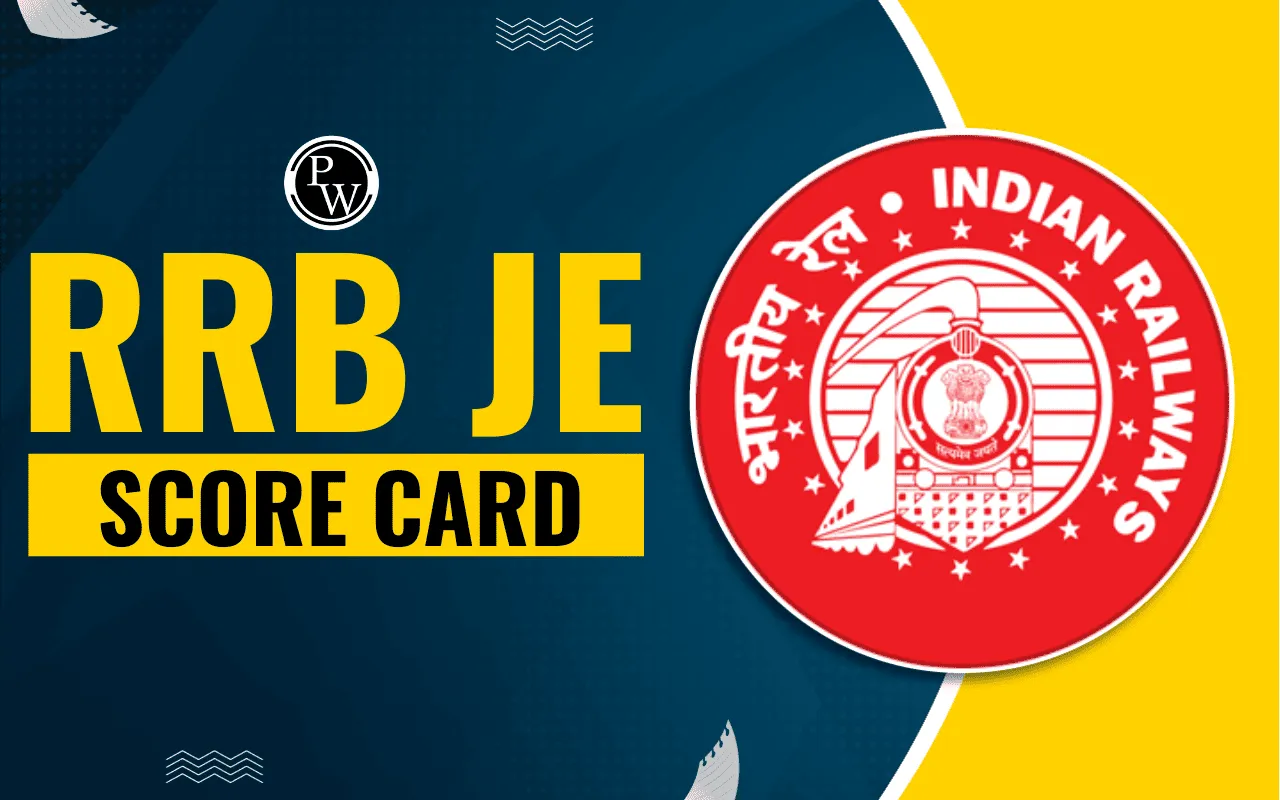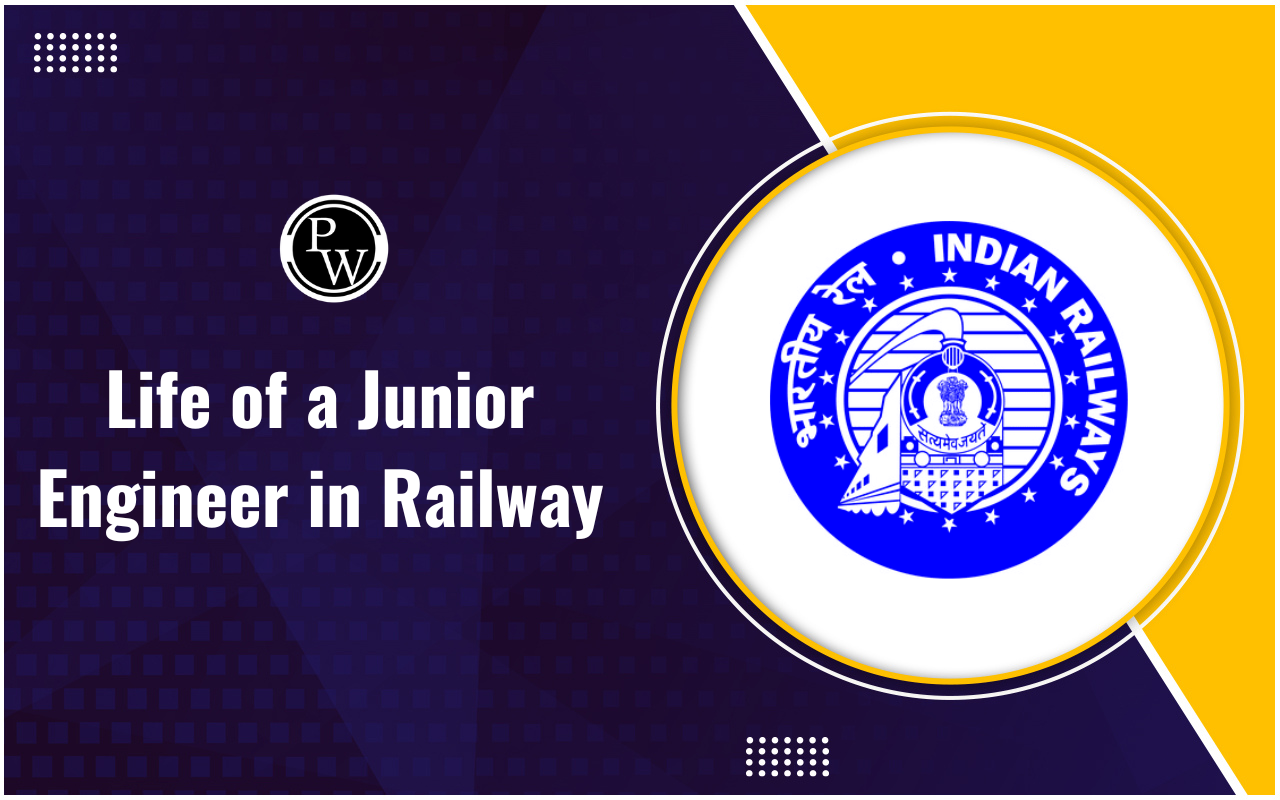
RRB JE CBT-2 Mechanical Engineering Syllabus: The Railway Recruitment Board will administer the RRB JE CBT 2 Mechanical Engineering Exam in 2025. Candidates who have qualified in CBT 1 will be eligible to appear for CBT 2. Candidates who wish to excel in their preparation for the upcoming exam must review the RRB JE CBT-2 Mechanical Engineering Syllabus thoroughly. The syllabus serves as a crucial resource to prepare for the exam in a structured manner.
Typically, the RRB JE Syllabus for Mechanical Engineering is extensive and covers a wide range of topics from different subjects. For this recruitment cycle, the Ministry of Railways is recruiting 7951 seats for Junior Engineer, Depot Material Superintendent, Chemical & Metallurgical Assistant, Chemical Supervisor (Research) and Metallurgical Supervisor (Research) positions.
Candidates must begin their preparation for the RRB JE CBT 2 Mechanical exam by reviewing the syllabus carefully. A proper understanding of the syllabus will aid your preparation and maximize the chance of securing the highest marks.
RRB JE CBT-2 Mechanical Engineering Syllabus 2025
The RRB JE CBT-2 Mechanical Engineering Syllabus includes a range of subjects such as General Awareness, Physics and Mathematics (up to 10th CBSE Standard), Basics of Computer, Environmental Pollution and Control, and core subjects related to Mechanical Engineering and Allied Engineering. In order to cover the syllabus, candidates must have a robust study plan having specific time slots for all the subjects.
Candidates are suggested to practice the previous year's questions regularly to improve their speed and accuracy. It also helps to develop the time management skills to perform well in the actual exam. The RRB JE CBT-2 Mechanical Syllabus focuses on identifying the professional knowledge of aspirants to fulfill the requirements of the job role.
RRB JE CBT-2 Mechanical Syllabus 2025
Aspirants who attended the RRB JE CBT 1 exam held on 16th, 17th and 18th December 2024 are now planning to begin the effective preparation for CBT 2. The Mechanical Engineering section for RRB JE CBT 2 covers an extensive syllabus from non-technical as well as technical sections. Candidates must check out the comprehensive syllabus to gain insights into the allocation of marks for specific topics, difficulty levels, and key focus areas.
Preparing in accordance with the syllabus will improve your performance and maximize the chance of selection. Below, you can explore the breakdown of topic-wise RRB JE CBT 2 Mechanical Syllabus 2025:
General Awareness
General Awareness is a crucial section for RRB JE CBT 2. Candidates must focus on the topics listed below to prepare this section effectively:
- Indian History and Culture
- India Freedom Struggle
- Geography of India
- Polity and Indian Constitution
- Economy of India
- Current Affairs
- Sports
- Science and Technology
- Awards & honors
- Famous Personalities
Physics and Chemistry
This section will consist of questions from different topics as per the prescribed syllabus of CBSE 12th standard. The key topics included in these subjects are as follows:
- Basic Concepts
- Work, Energy and Power
- Mechanics
- Gravitation
- Properties of Matter
- Thermodynamics
- Optics
- Waves
- Electricity and Magnetism
- Chemical Reactions
- Structure of Atom
- Periodic Table and periodicity properties
- Chemical Bonding
- Formation of Molecules
- States of Matter
- Chemical Equilibrium
- Organic Chemistry
- Environmental Chemistry
Basics of Computers and Applications
This section aims to assess the candidate's comprehensive knowledge of Computer and their related concepts including the following topics:
- Basics knowledge of Computer
- Computer Architecture and development
- Input and Output Devices
- MS Office, MS Word, MS Excel, etc.
- Storage Devices
- Operating Systems
- Internet and Email
- Basics of Networking
- Websites & Web Browsers
- Computer Security (Virus and Malware)
- Computer Shortcuts and Abbreviations
Basics of Environment and Pollution Control
The topics covered in the environment and pollution control section for the RRB JE CBT 2 exam are as follows:
- Basics of Environment and Pollution Control
- Different Types of Pollution (Air, Water, Soil, Noise)
- Pollution Control Strategies
- Waste Management System
- Global Warming
- Acid Rain
- Depletion of the Ozone Layer, etc.
Mechanical & Allied Engineering
Mechanical and Allied Engineering involves a range of topics from specific subjects to test the technical abilities of candidates. This section covers a variety of topics as tabulated below:
| RRB JE CBT 2 Mechanical and Allied Engineering Syllabus | |
| Topics | Syllabus |
| Engineering Mechanics | Forces: types, resolution and equilibrium, couple and moment of a couple, condition for the equilibrium of rigid body subjected to the number of coplanar non-concurrent forces, static friction, the formula for angle of friction and angle of repose, resolution of forces considering friction when a body moves on the horizontal plane and inclined plane, calculation of moment of inertia and radius of gyration of : (a) I-Section (b) channel section (c) T-Section (d) L-Section (e) Z-Section (f) Built up sections (simple cases only), Newton's law of motion, motion of projectile, D’Alembert’s principle, definition law of conservation of energy, law of conservation of momentum. |
| Material Sciences | Engineering Materials and their properties - tensile strength, compressive strength, ductility, malleability, hardness, toughness, brittleness, impact strength, fatigue, creep resistance. Classification of steels, mild steel, and alloy steels. Importance of heat treatment. Heat treatment processes - annealing, normalizing, hardening, tempering, carburizing, nitriding, and cyaniding. |
| Strength of Materials | Stress, Strain, stress-strain diagram, factor of safety, thermal stresses, strain energy, proof resilience and modules of resilience. Shear force and bending moment diagram - cantilever beam, simply supported beam, continuous beam, fixed beam. Torsion in shafts and springs, thin cylinder shells. |
| Machining Processes | Lathe Machine and its working principle - Types of Lathe: its construction details and specifications. Nomenclature of single point cutting tool, geometry, tool signature, functions of tool angles. General and special operations - (Turning, facing, taper turning thread cutting, knurling, forming, drilling, boring, reaming, keyway cutting), cutting fluids, coolants, and lubricants. Introduction to shaper, slotter, plainer, broaching, milling and manufacture of gears, heat treatment process applied to gears. Welding, Finishing, Grinding, etc. |
| Metrology and Inspection | Linear measurement - Slip gauges and dial indicators, angle measurements, bevel protractor, sine bar, angle slip gauges, comparators (a) mechanical (b) electrical (c) optical (d) pneumatic. Measurement of surface roughness; methods of measurements by comparison, tracer instruments and by interferometry, collimators, measuring microscope, interferometer, inspection of machine parts using the concepts of shadow projection and profile projection. |
| Fluid Mechanics and Hydraulic Machines | Various types of fluids and their properties, Pascal’s law, pressure measurement, concept of buoyancy. Reynold’s number, pressure, potential and kinetic energy of liquids, total energy, laws of conservation, mass, energy and momentum, velocity of liquids and discharge, Bernoulli’s equation and assumptions, venturi meter, pitot tube, current meters. Working principle & constructional details of centrifugal pump, efficiencies - manometric efficiency, volumetric efficiency, mechanical efficiency and overall efficiency, cavitation, and its effect, working principle of jet & submersible pumps with line diagrams. |
| Industrial Management | Job analysis, specifications, different theories, satisfaction, performance reward systems, production, planning and control, relation with other departments, routing, scheduling, dispatching, PERT and CPM, simple problems. Materials in industry, inventory control model, ABC Analysis, Safety stock, re-order, level, economic ordering quantity, break-even analysis, stores layout, stores equipment, stores records, purchasing procedures, purchase records, Bin card, Cardex, Material handling, Manual lifting, hoist, cranes, conveyors, trucks, fork trucks. |
| Thermal Engineering | Laws of thermodynamics, heat and work interaction, laws of perfect gases, thermodynamic processes – isochoric, isobaric, isothermal hyperbolic, isentropic, polytrophic and throttling, modes of heat transfer, thermal conductivity, convective heat transfer coefficient, Stefan Boltzmann law by radiation and overall heat transfer coefficient. Air standards cycles – Carnot cycle, Otto cycle, Diesel cycle, construction and working of internal combustion engines, comparison of diesel engine and petrol engine. Systems of internal combustion engine, performance of internal combustion engines. Air compressors and their refrigeration cycles, principle of a refrigeration plant. |
| Computer Integrated Manufacturing | Basic concepts related to CAD/CAM in different manufacturing processes. |
RRB JE CBT-2 Mechanical Exam Pattern 2025
The RRB JE CBT-2 Mechanical Exam will consist of a total of 150 questions. Out of the total, 100 questions will be from Mechanical and Allied Engineering while 50 questions will be distributed in different non-technical sections.
Candidates will obtain one mark for every correct answer and each wrong attempt results in a deduction of 1/3 mark as per the negative marking scheme.
The time duration to complete the examination will be 120 minutes. Refer to the table below to find out a detailed RRB JE Exam Pattern :
| RRB JE CBT 2 Mechanical Exam Pattern 2025 | ||||
| Sl. No. | Subjects | Number of Questions | Marks | Time Duration |
| 1. | General Awareness | 15 | 15 | 120 Minutes |
| 2. | Physics and Chemistry | 15 | 15 | |
| 3. | Basics of Computers and Applications | 10 | 10 | |
| 4. | Basics of Environment and Pollution Control | 10 | 10 | |
| 5. | Technical Abilities: Mechanical and Allied Engineering | 100 | 100 | |
| Total | 150 | 150 | ||
Explore PW AE JE Online Coaching to prepare effectively for the SSC JE, RRB JE, and other upcoming AE/JE examinations. Avail the well-structured study material with mock tests, e-books, etc. to gear up your exam preparation.
RRB JE CBT-2 Mechanical Engineering Syllabus FAQs
Q. What subjects are there in RRB JE CBT-2 Mechanical Engineering Syllabus?
Q. What topics are covered under RRB JE CBT 2 Mechanical Syllabus?
Q. What are the total questions in RRB JE CBT 2 Mechanical exam?
Q. Will there be a negative marking in RRB JE CBT-2 Mechanical exam?
Q. How can I cover RRB JE CBT-2 Mechanical Syllabus in 3 months?

